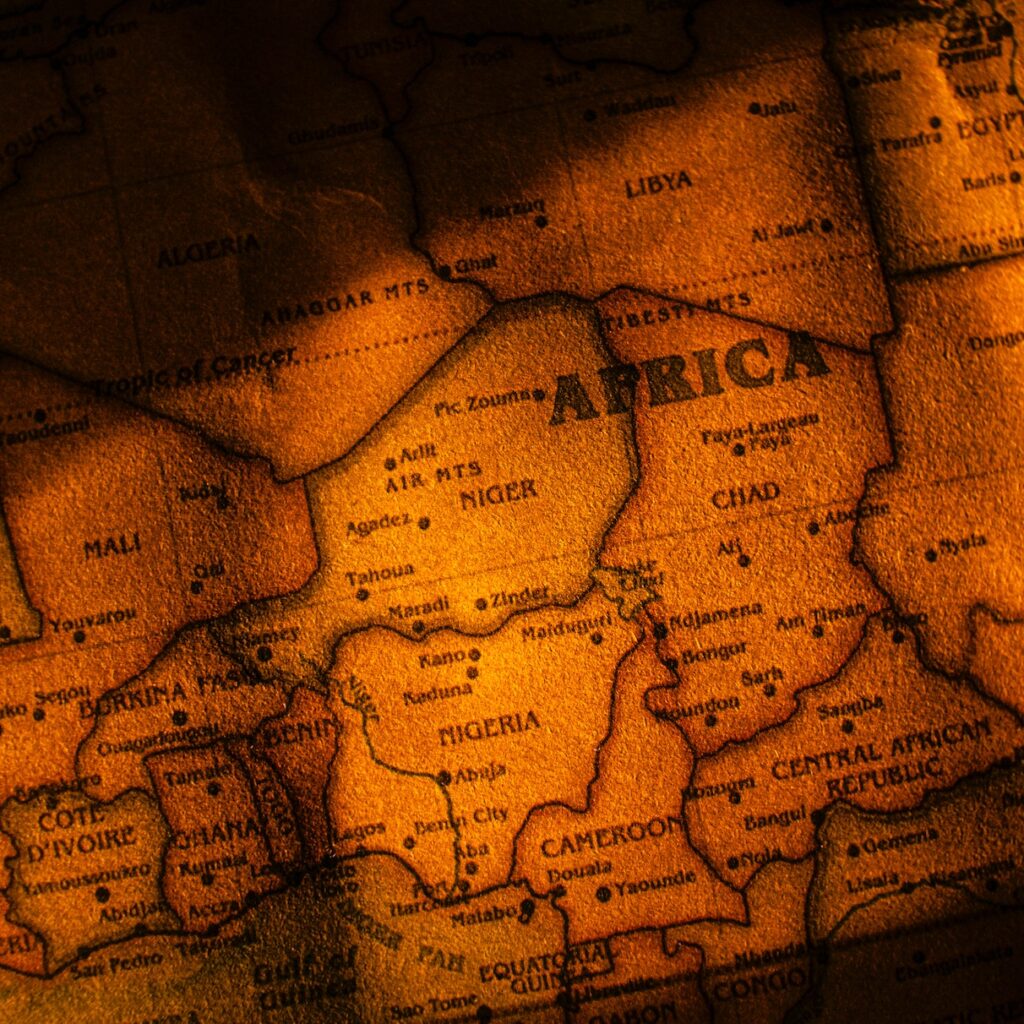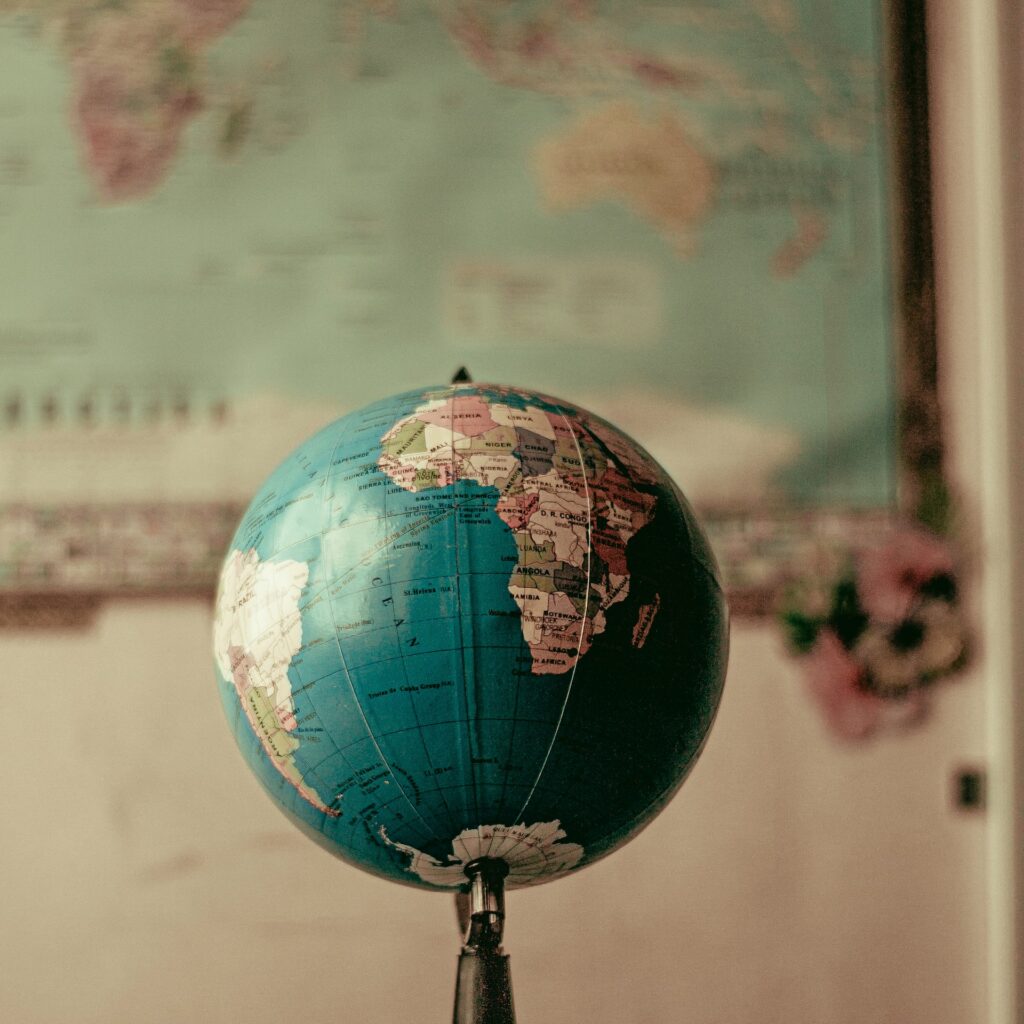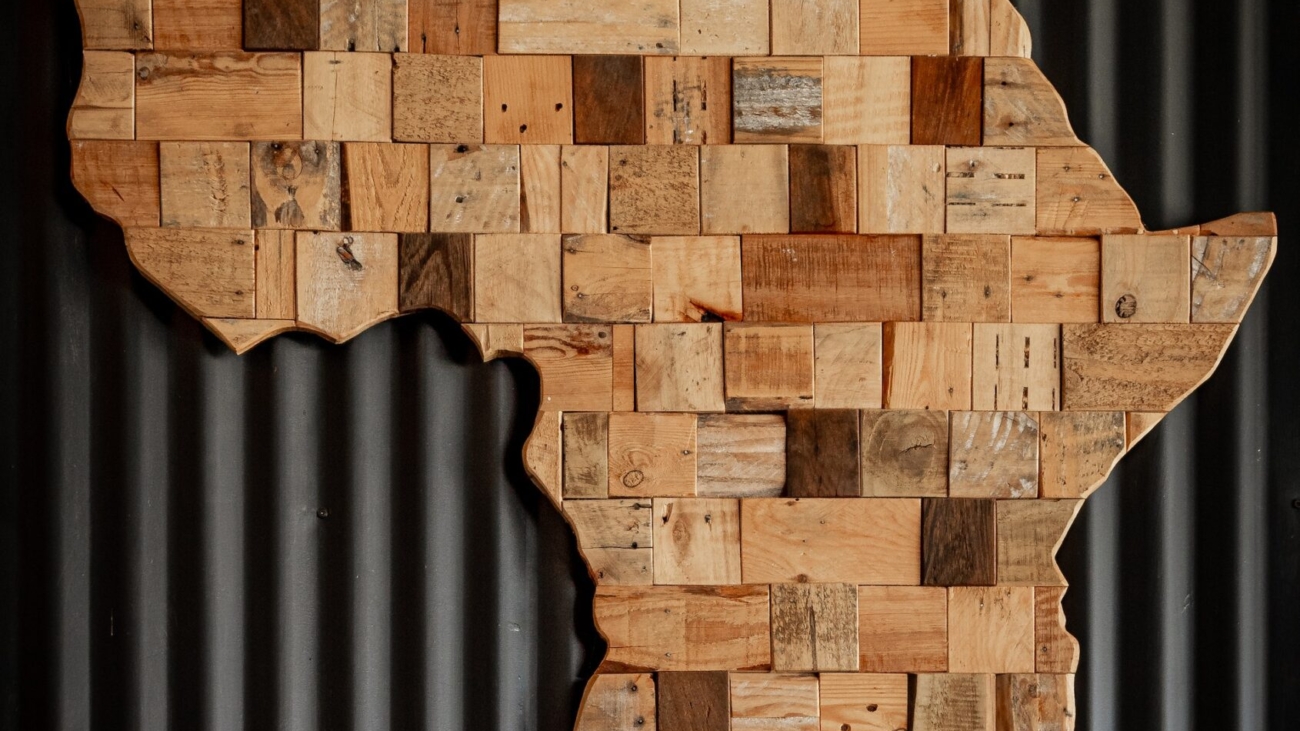Africa, once marred by the shadows of colonialism and slavery, is now emerging as a beacon of hope, both economically and politically. This vibrant continent, with its vast resources and untapped potential, is on the cusp of a transformative journey.
Africa has always been fascinating with its history and culture. They say humanity started in Africa, and there are still tribes that live in Africa in close connections with their roots and nature. Africa has a lot of traditional wisdom that has been lost for most of the remaining cultures.
Africa has a lot to teach us. Africa has been on the receiving end of culture and conflicts, that we often see this continent as a backward area. However, the more we look at Africa, we realise how much of a powerhouse this continent is. The more we are willing to accept what Africa has to speak to us, the world has a lot of benefit from.
Africa’s Wealth in Natural Resources
Africa’s natural wealth is undeniable, with an abundance of essential minerals such as lithium, magnesium, cobalt, manganese, and gold. In the age of sustainability and advanced materials, Africa’s mineral reserves hold immense promise, setting it apart from the Middle East, which predominantly relies on oil and gas.
A lot of African leaders look to Middle East as a good model to replicate. How did Middle East grow from one key resource that is in demand? How did Middle East make use of a small window of opportunity to virtually controlling the foreign policies of several nations and world economics through oil dynamics? This is fascinating. How can Africa, abundant in several natural resources, replicate this.

Photo by Nothing Ahead: https://www.pexels.com/photo/brown-map-in-close-up-photography-9494916/
Be it solar panels, electric vehicle batteries, biotechnology equipment, medical equipment or space technology, a lot of raw materials and components need specific elements that are abundant in Africa. Yet, due to several geopolitical reasons, it is not possible to tap into those materials. People in these areas live close to poverty and deprivation, in spite of the billions of dollars under their very feet.
This is unfortunate.
From Resource Exporters to Value Creators
Historically, African and other developing nations have thrived by exporting raw materials and ores. However, transitioning from resource exporters to value creators demands a multifaceted approach encompassing supply chain management, advanced manufacturing, strategic partnerships, marketing, and workforce development.
The very management principles and textbook infrastructure building that the world has followed so far can help Africa massively. Yet, the dynamics of power and people in Africa is very complex. The tribal structures and government structures in Africa are not easy to navigate. Also, important are the environmental concerns in Africa, that has to be respected today.
Yet, China seems to have solved a lot of these challenges in the last decade, and they seem to be setting up high end manufacturing units in Africa. Even though the world blames China to set up “debt traps” in Africa, the leadership in Africa seems to enjoy what China brings them. Even though there are losses and conditions that Chinese comes with, Africans are happy that China does not come with a colonising mindset.
Agreed there are financial conditions that will require Africa to work for decades. But, something could be better than nothing.
Beyond Resources: Building Comprehensive Infrastructure
Developing economies require more than just natural resources. African nations must invest in complementary sectors such as education, healthcare, legal systems, and entertainment to create attractive destinations for businesses and talent. This model has been successfully implemented in the Middle East, with cities like Dubai and Riyadh becoming global hubs.
Despite its immense potential, Africa faces numerous challenges in unlocking its economic power. Social and political barriers often hinder progress. The continent’s reliance on foreign assistance, such as China’s infrastructure projects, has raised concerns of debt dependency, leaving African nations vulnerable.

Photo by Nothing Ahead: https://www.pexels.com/photo/globe-on-desk-4713698/
The Shadow of Colonialism and External Influence
Former colonial powers, notably France, exert significant influence over African countries, limiting their ability to formulate independent foreign and trade policies. This neo-colonialism restricts Africa’s growth and self-determination.
Intra-African trade is hampered by visa restrictions, complex trade policies, and inadequate transportation networks. Unlike the European Union, where nations cooperate economically, or the United States and India, where states work in harmony, African countries struggle to integrate and create a unified front.
Africa’s Potential for Unity
Africa’s geographical proximity allows for regional integration, similar to the European Union. The continent can draw inspiration from successful models like the EU, USA, and India, fostering collaboration among neighbouring nations for greater political and economic influence.
Despite these challenges, Africa’s potential for economic growth is undeniable. As the continent begins to identify and capitalize on its unique economic opportunities, it is poised to capture the world’s attention. After centuries of exploitation and conflict, Africa stands on the brink of becoming a global economic powerhouse, forging its path to prosperity and self-sufficiency.
Africa’s journey towards economic prosperity is marked by both promise and hurdles. By addressing challenges, fostering unity, and seizing opportunities, the continent can realize its full potential and rise as a global economic force, bringing about a brighter future for its people and the world.


Leave A Comment